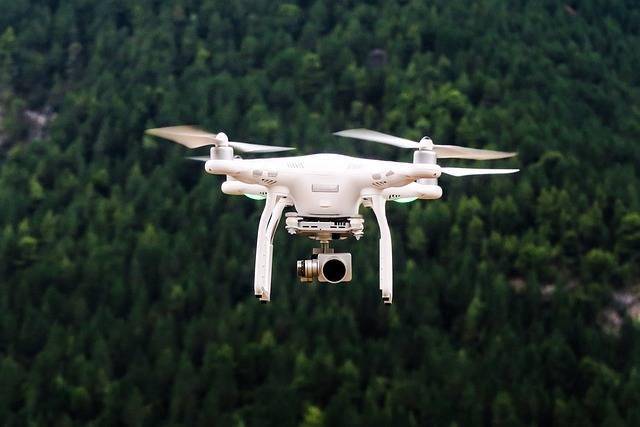Securing a drone license can seem daunting, but with the right guidance, you can navigate the process with ease and begin your aerial journey. Whether you are aspiring to pursue drone operations as a hobby or a professional endeavor, understanding the necessary steps to acquire a drone license is pivotal.
Understanding the Drone License Requirements
First and foremost, it’s crucial to know the regulatory landscape for drone licensing. The FAA (Federal Aviation Administration) governs drone operations in the United States, requiring a Remote Pilot Certificate for commercial use. The process starts with passing the FAA Part 107 Aeronautical Knowledge Test, which assesses your understanding of airspace regulations, weather, and drone operations safety protocols.
Preparation for the FAA Test
To increase your chances of passing the test, it’s important to invest time in studying. Various resources are available, including online courses, study guides, and practice tests, tailored to cover all necessary topics. Focus on areas such as radio communication procedures, airport operations, and understanding sectional charts. Enrolling in an accredited training program can provide structured learning and valuable insights.
Note: If you plan to operate a drone recreationally, the FAA has streamlined requirements under the Exception for Limited Recreational Operations of Unmanned Aircraft.
Steps to Acquiring Your Drone License
- Research: Start by researching the basics of drone laws and the type of license you need based on your intended use.
- Study: Dedicate time to study the materials provided by the FAA and additional resources, ensuring comprehensive coverage.
- Register: Registering for the test is straightforward; you’ll need to create an account on the FAA’s Integrated Airman Certification and Rating Application website.
- Test Taking: On the day of the test, bring the necessary documentation and prepare to demonstrate your knowledge on various aeronautical topics.
- Certification: Upon passing, you’ll apply for your Remote Pilot Certificate via the FAA website, followed by an online application status check.
Tips for Success
A successful outcome relies on diligent preparation and understanding the test framework. Familiarize yourself with common questions and format to build confidence. Moreover, staying updated with any changes in drone regulations is vital for ongoing compliance.
FAQs on Drone Licensing
- Do I need a drone license for recreational use?
- No, the FAA provides a streamlined approach for recreational drone use, though registration is required.
- How long is the license valid?
- The Remote Pilot Certificate is valid for two years, after which a recurrent test is necessary.
- Can I take the FAA test online?
- No, the FAA Part 107 test must be taken in person at an approved testing center.
